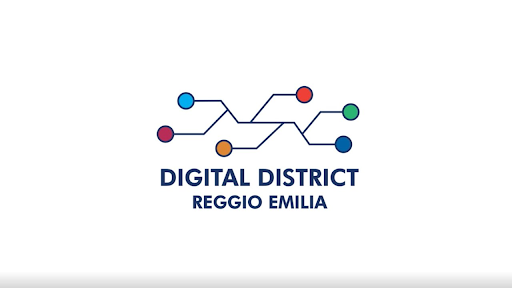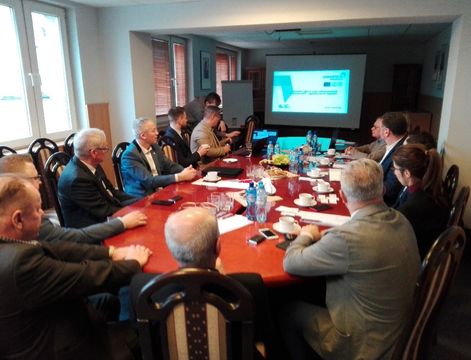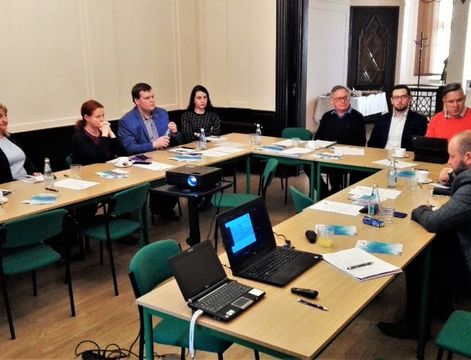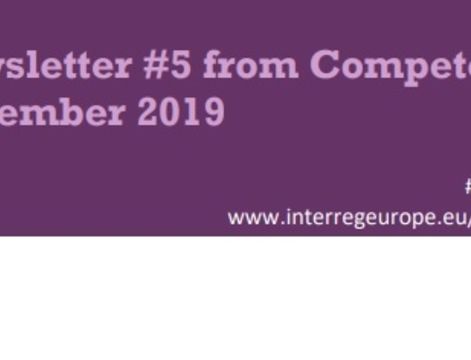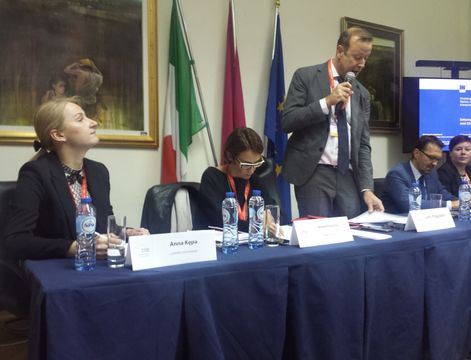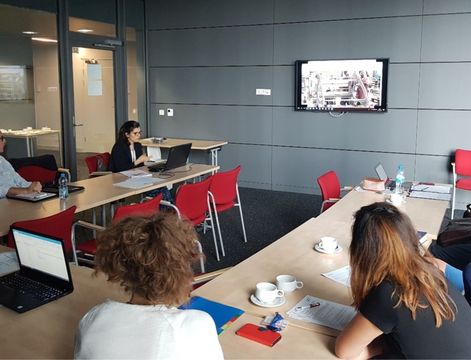On the 17th and 18th of May, the Municipality of Reggio Emilia hosted a Transfer Workshop on the Wakefield Bondholder Scheme, supported by the UK Partner Leeds Beckett University.
Experts and representatives of the Bondholder Scheme illustrated to Reggio Emilia Local Stakeholder Group the aims and actions of the Good Practice, that the local actors had selected as interesting and inspiring for shaping new perspectives and future scenarios at local level, in terms of internationalization of territories and SMEs.

During the Transfer workshop Leeds Beckett University presented a focus on place-based partnerships as responses to opportunities and challenges in the regeneration and marketing of territories with special reference to internationalization. Experts from Wakefield described and discussed the Bondholder model and experience in terms of development, specific drivers, evolution, relationships with the local authorities and growth plans of the partnership. The dynamic of relationships, assets and benefits for members, factors for success and gaps were also discussed.
Local business associations, local research centers, University, various local actors active in the promotion and the development of local ecosystem, Emilia Romagna Region, ERVET, E35 Foundation for International Projects, the Municipality animated a fruitful debate with the British guests. Local policy makers and enterprises were also involved in the activities and discussed advantages and opportunities for local actors and for businesses that a Bondholder system can bring, with a focus on commitment, branding, place marketing and various sector perspectives. The Municipality of Reggio Emilia presented its distinctive competencies, strategies and policies with a focus on the Innovation Park as a lever and a catalyst within Compete In project’s objectives in order to provide a discussion framework among local actors and British experts to analyze possible actions and projects.

Thanks to an interactive approach, the Wakefield Bondholder Scheme and the place-based partnerships became an opportunity to read the local territory from a new angle, to share different perspectives, bring out gaps and opportunities.



